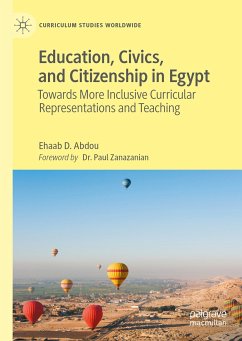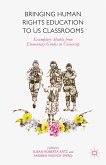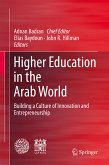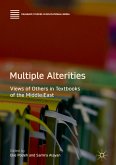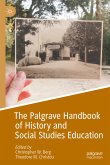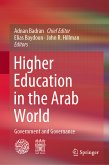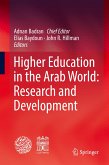"Of the many things that I could say about this compelling new book, it is Abdou's artful approach to engaging with contemporary Egyptian young people that makes this work both thought-provoking and hopeful. The accounts of participatory arts-based practices to study their narratives remind us of the significance of methodological innovations in exploring historical consciousness." -Claudia Mitchell, Distinguished James McGill Professor, McGill University, Canada, and Director, Participatory Cultures Lab
This book explores how to render curricular representations more inclusive and how individuals' interactions with competing historical narratives and discourses shape their civic attitudes and intergroup dynamics. Based on ethnographic research in the Egyptian context, it offers insights for curriculum developers, teacher educators, and teachers interested in the development of critical citizens who are able to engage with multiple narrative and perspectives. Drawing on theorizations of historical consciousness, critical pedagogy, and critical discourse analysis, it demonstrates the need for more nuanced and holistic analytical frameworks and pedagogical tools. Further, it offers insights towards building such analytical and pedagogical approaches to help gain a deeper understanding of connections between students' historical consciousness tendencies and their civic engagement as citizens.
Ehaab D. Abdou is Assistant Professor at Wilfrid Laurier University, Canada. Within the field of curriculum studies, his research aims at rendering K-12 school curricular content and classroom practices more holistic and inclusive, especially of marginalized perspectives, narratives, and epistemologies. His research mainly focuses on the Egyptian and the Canadian contexts.
Dieser Download kann aus rechtlichen Gründen nur mit Rechnungsadresse in A, B, BG, CY, CZ, D, DK, EW, E, FIN, F, GR, HR, H, IRL, I, LT, L, LR, M, NL, PL, P, R, S, SLO, SK ausgeliefert werden.

